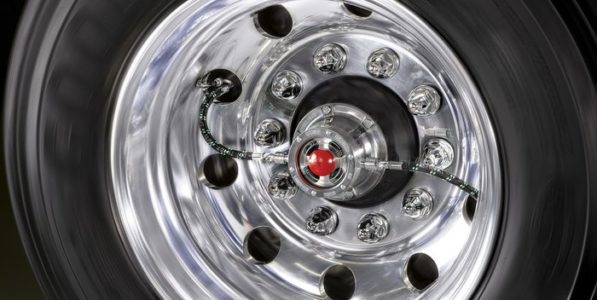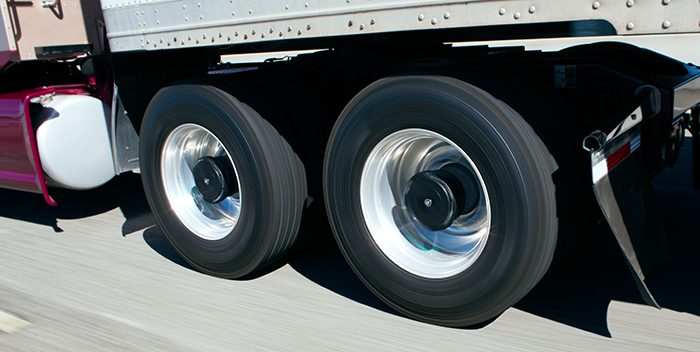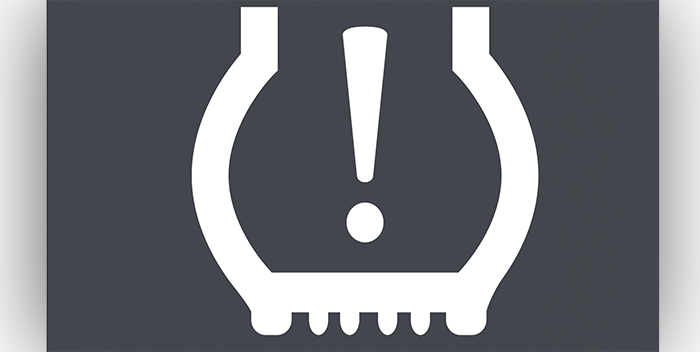Protecting tire PSI: Adding TPMS, ATIS, TiS helps protect your investment
Fleet managers are well aware of the importance of proper tire inflation to protect tires. Many are earlier adopters of tire pressure monitoring systems (TPMS) and/or automatic tire inflation systems (ATIS or TIS). Choosing the right systems for each application is important part of protecting your investment, but which one to choose? Picking the right

Evaluating the total cost of ownership for your technology solution
“Most fleets spend a great deal of time evaluating and calculating the total cost of ownership (TCO) for a fleet vehicle,” says Deryk Powell, president of Velociti Inc., a global provider of technology deployment services. “However, one area that may be easy to overlook is the maintenance of technology products installed on the vehicle. “Ancillary

Expanding on automatic tire inflation
Tire pressure monitoring systems (TPMS) let you monitor and manage tire pressure, but automatic tire inflation systems (ATIS) provide additional tire support by automatically maintaining optimal pressure levels. “Through periodic checks combined with the option to communicate tire pressure data to the main office, an automatic inflation system helps to reduce the possibility for human

Fighting cold weather tire PSI loss
“Fuel savings from properly inflated tires are well documented,” says Josh Carter, chief executive officer and co-founder of Aperia Technologies, the provider of a self-powered, bolt on tire inflation technology. “Federal Motor Carrier Safety Administration research indicates that maintaining proper tire pressure can produce a 1.4% fuel efficiency increase for a five-axle tractor-trailer combination. “This

TPMS systems provide CSA violation prevention benefits
Fleet managers are under increased equipment performance pressure, not the least of which comes from ensuring that their trucks on the road meet all CSA standards. Violations can quickly add up, and improperly inflated tires—especially flat and blown tires—can be a red flag for enforcement officers. That’s where tire pressure monitoring systems (TPMS), as well

The importance of tire pressure monitoring
Keeping a close eye on tire pressure can also impact your bottom line. Under-inflated tires flex excessively under load, producing heat and increasing rolling resistance, which wastes fuel. Tires inflated 10 PSI below recommended levels can reduce truck fuel economy up to 1%. In addition, stress from flexing causes fast and uneven wear, shortening the

